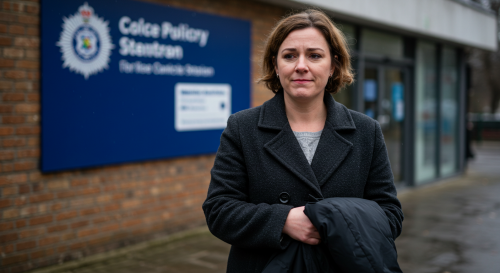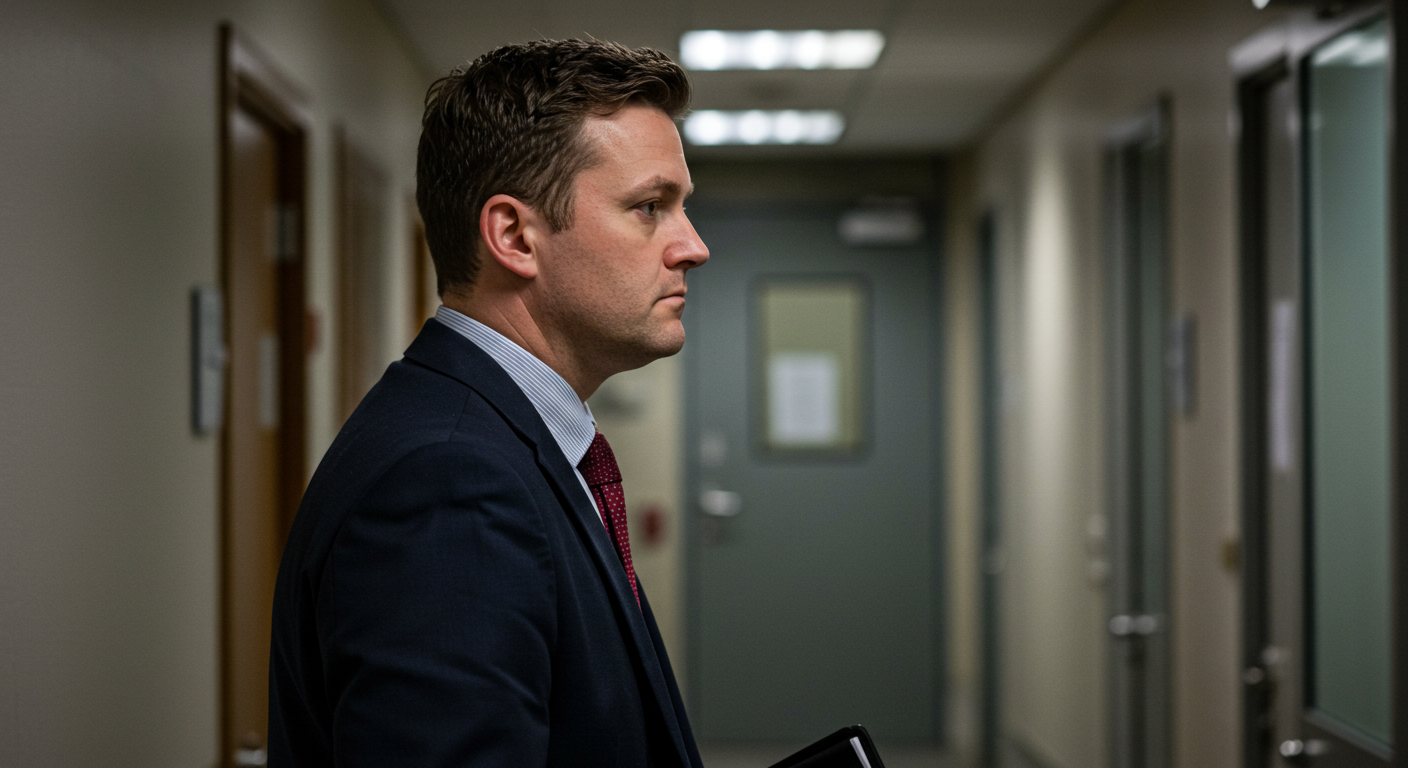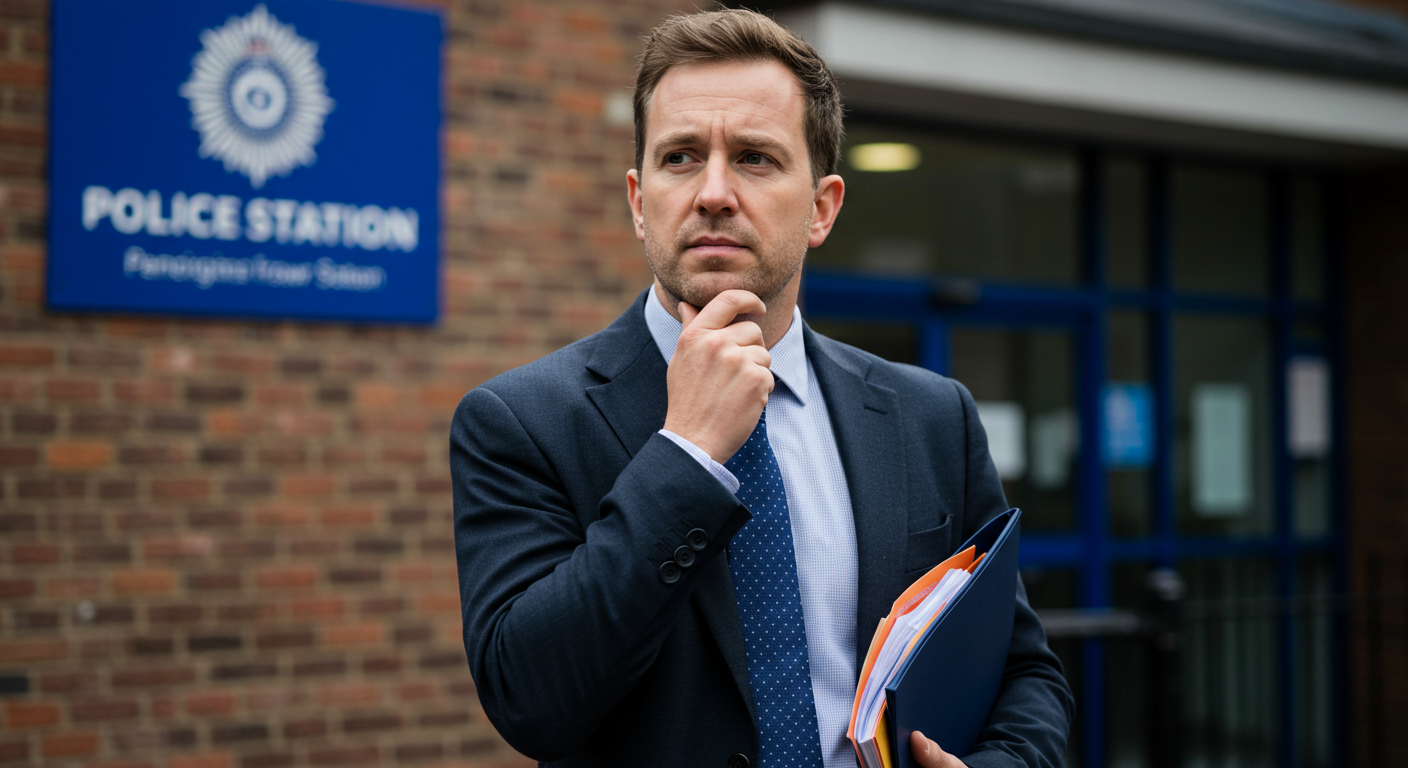Understanding the Aftermath of a Police Interview in England: What Comes Next?

Understanding the Aftermath of a Police Interview in England: What Comes Next?
After participating in a police interview in England, whether as a suspect or a witness, it’s natural to wonder what happens next. The steps that follow can vary depending on the nature of the investigation and the information gathered during the interview.
This article provides insight into the potential outcomes and processes that occur after a police interview.
Possible Outcomes Post-Interview

- No Further Action (NFA): If the police determine there’s insufficient evidence to support a criminal charge, the case may be marked as NFA. This decision means no further legal action will be pursued in the matter.
- Further Investigation: The police may require more time to investigate. This could involve gathering additional evidence, interviewing other witnesses, or consulting with the Crown Prosecution Service (CPS) for advice on how to proceed.
- Charge and Release on Bail: If the police believe there’s enough evidence to charge you with a crime, you may be charged and released on bail. Bail conditions may be imposed, requiring you to comply with certain terms until your court date.
- Referral to the Crown Prosecution Service (CPS): For more serious or complex cases, the police may refer the case to the CPS, which will decide whether to pursue a prosecution based on the evidence.
- Release Under Investigation (RUI): In some cases, you may be released from police custody but remain under investigation. This status means you’re not on bail and there are no set conditions, but the investigation continues.
Post-Interview Processes
- Evidence Review: The police will review the evidence collected, including statements from the interview, to decide on the next steps.
- Legal Advice and Representation: If you’re a suspect, it’s advisable to continue liaising with your solicitor, who can guide what to expect and how to prepare for potential outcomes.
The Role of the Crown Prosecution Service (CPS)

The CPS plays a crucial role in deciding whether to proceed with a prosecution. They apply the ‘Full Code Test‘, which consists of two stages:
- The Evidential Stage: Assessing whether there is sufficient evidence to provide a realistic prospect of conviction.
- The Public Interest Stage: Considering whether a prosecution is in the public interest.
If Charged with a Crime
- Court Proceedings: If charged, you will be given a date to appear in court. Your solicitor can help you prepare for this and provide representation.
- Understanding Charges and Preparing Defence: It’s important to understand the charges against you and work with your solicitor to prepare your defence.
Importance of Legal Representation

- Guidance Through the Process: A solicitor can guide you through the post-interview process, advising you on your rights and the best course of action.
- Representation in Court: If the case goes to court, having legal representation is crucial to ensure your case is presented effectively.
Conclusion: Understanding the Aftermath of a Police Interview in England

The period following a police interview in England can be filled with uncertainty. Various outcomes can ensue, ranging from no further action to the possibility of court proceedings. Throughout this time, staying informed and seeking legal representation is key to effectively navigating the process.
Understanding the role of the police and the CPS, as well as your rights and obligations, is essential for anyone who has undergone a police interview.
Notice: Informational Content Disclaimer
The content provided on this website, including articles, blog posts, and other informational materials, is intended for general informational purposes only. It is not intended as, and should not be considered, legal advice.
Visitors to this website should be aware that the information presented here is not a substitute for seeking legal advice from a qualified solicitor or legal professional. Each individual's legal situation is unique, and the information provided may not be applicable to specific circumstances.
If you require legal advice or have specific legal questions, we encourage you to contact us directly. Our experienced team of solicitors is here to assist you with your legal needs and provide tailored advice to address your concerns.
Please be advised that any communication through this website, including the use of contact forms or email, does not create a solicitor-client relationship. Confidential or time-sensitive information should not be sent through this website. To establish a solicitor-client relationship and discuss your legal matters in detail, please contact us for a consultation.
We strive to provide accurate and up-to-date information, but we make no representations or warranties regarding the accuracy, completeness, or suitability of the information contained on this website. We shall not be liable for any reliance placed on the information provided herein.
Thank you for visiting our website. We look forward to the opportunity to assist you with your legal needs.




